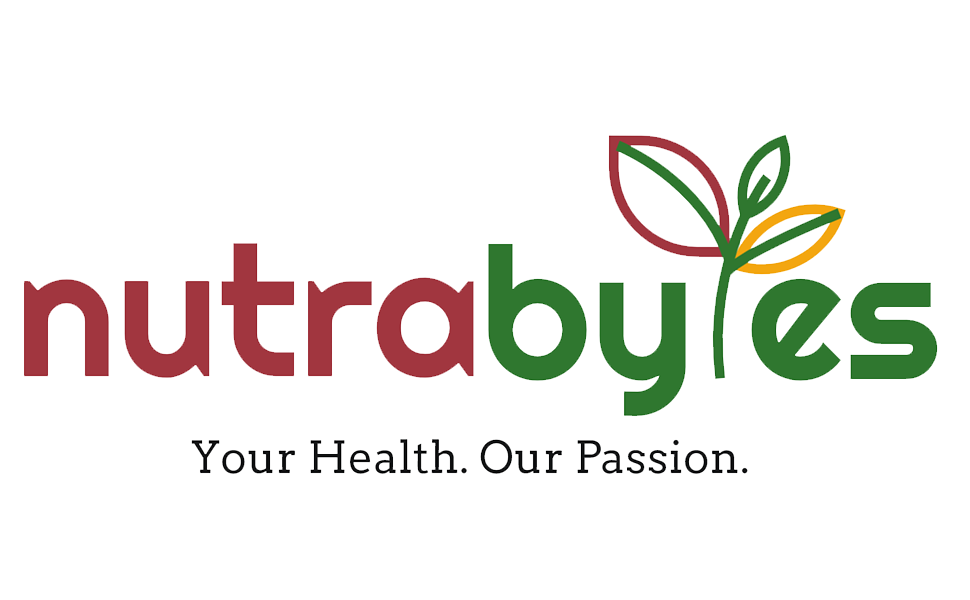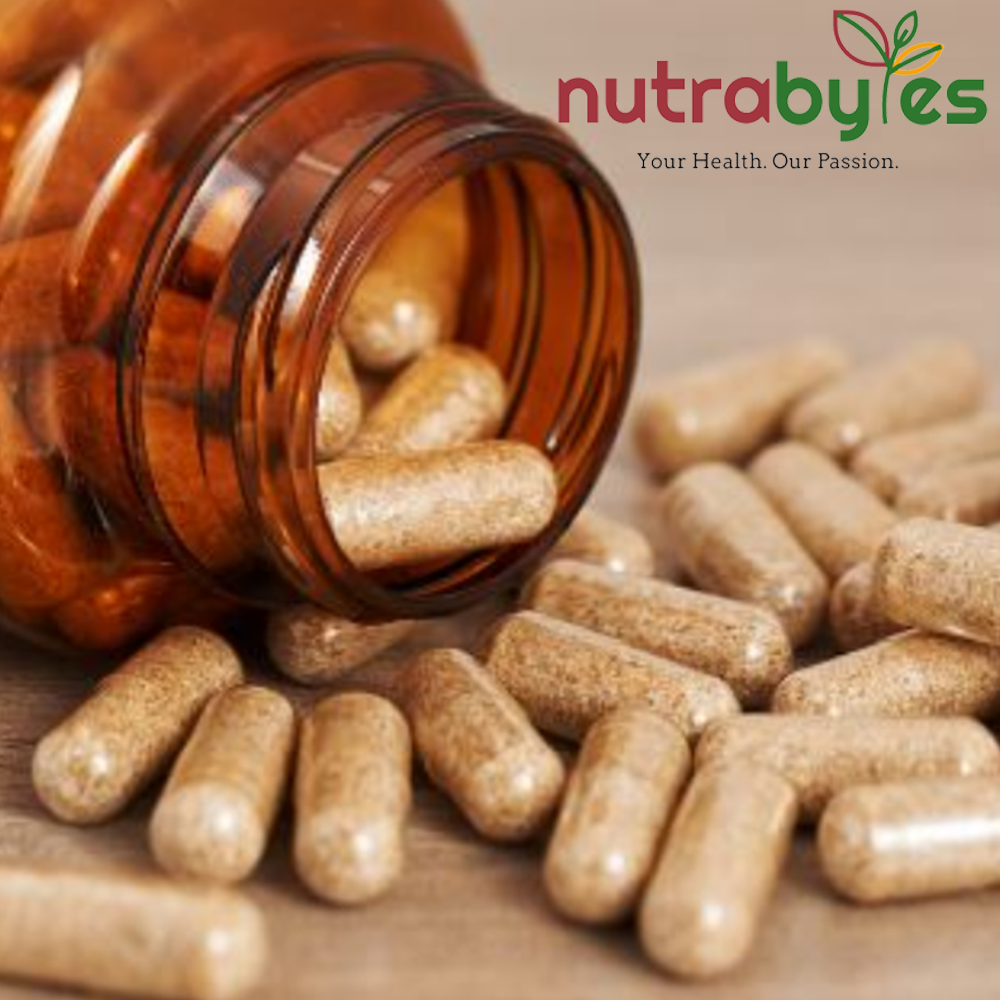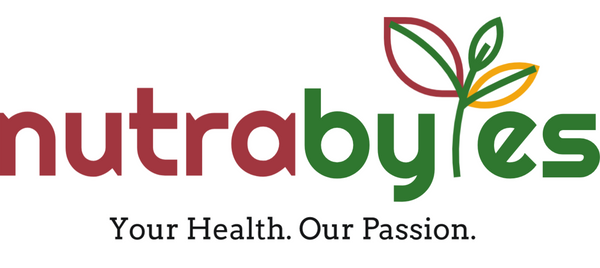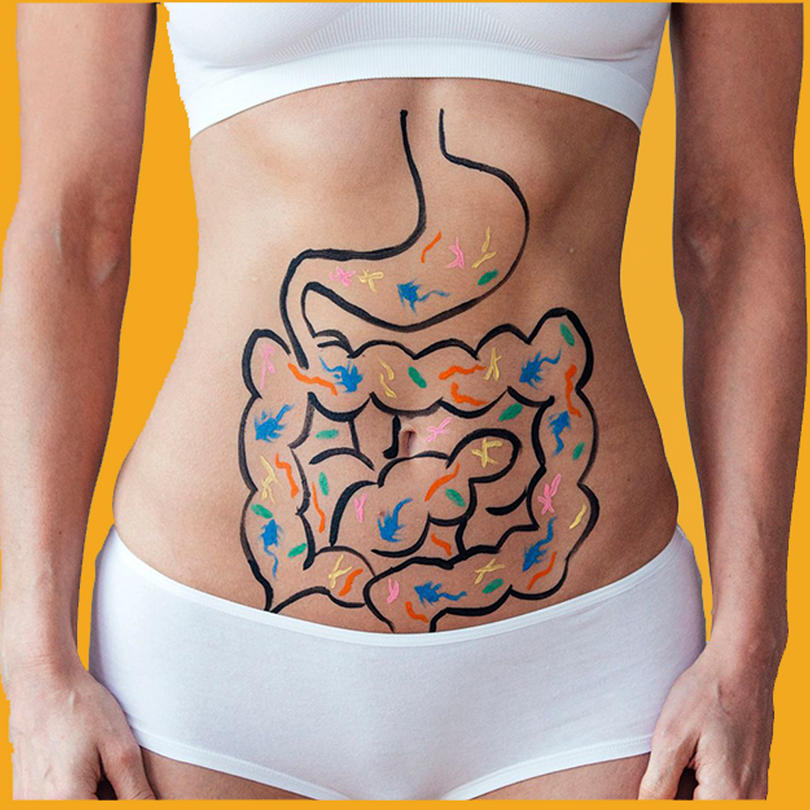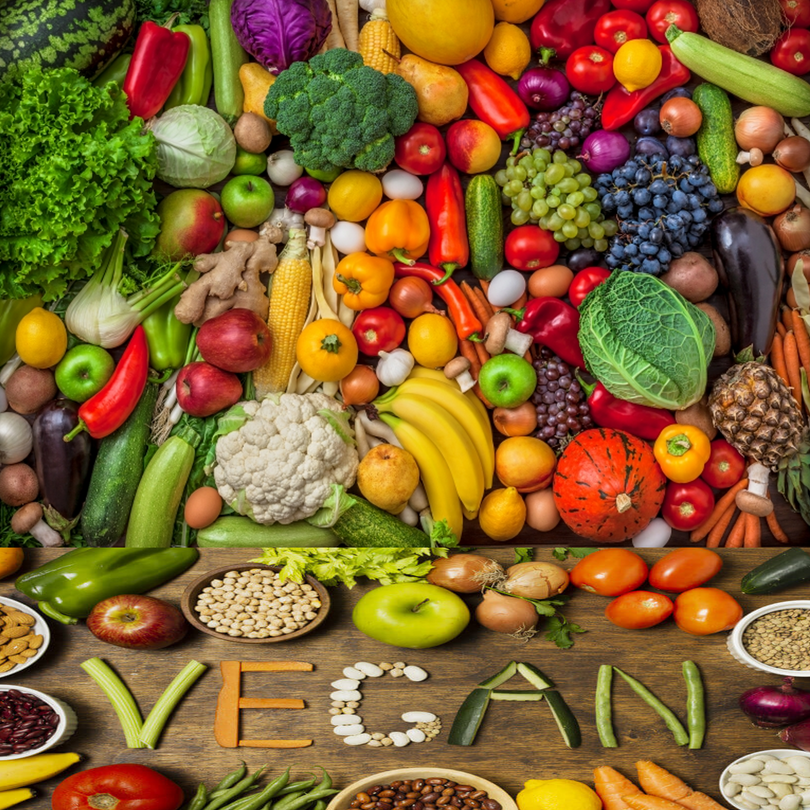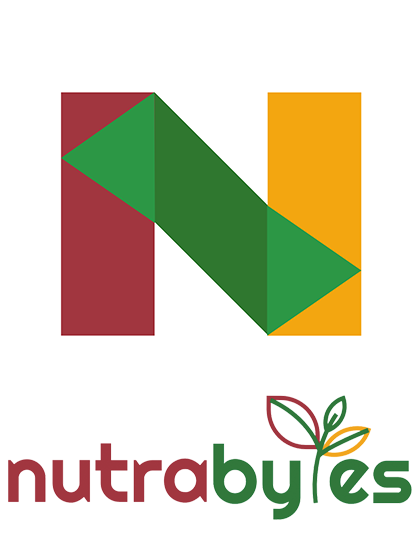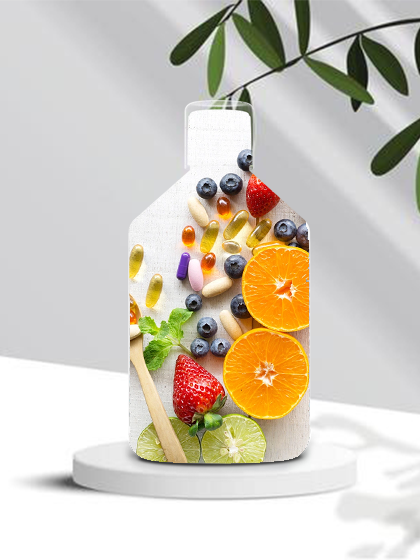There are several reasons why people turn vegan or vegetarian. They may have growing concerns about the negative impact of an animal diet on the environment and on personal health. Case in point, take Germany for instance. There has been growing interest in a vegan or vegetarian lifestyle in Germany for the past couple of years. There are 6 million vegetarian Germans and 1 million German vegans, who embrace and enjoy a vegan lifestyle. Germany has been one of the top European countries to choose this lifestyle voluntarily.
Veganism, however, is still in its infancy in the UK. It’s mainly popular among the young and the highly educated who recognise that the current food system is not sustainable and that global food production processes are threatening climate and ecosystem resilience.
While choosing a vegan lifestyle may be beneficial for the world as a whole, there may be some drawbacks. Essential nutrients like vitamin B12, and vitamin D and minerals like iron, zinc, and calcium are found mostly in animal foods and are not easily absorbed from plant foods, meaning that vegans or vegetarians may have to resort to vegan supplements to maintain adequate levels of these nutrients for healthy functioning.
Vegan supplements which are made to the strictest standards can help vegans and vegetarians get their daily source of nutrition and enjoy a healthy life. Let’s explore more details about these unique supplements and how this lifestyle which is currently trending in the West will benefit you. Take a look.
What Is A Vegan Diet?
A vegan diet is a wholly plant-based diet that eschews all animal-based foods such as meat, dairy, eggs, and honey, and animal-based products like leather, and even products that have been tested on animals.
As per The Vegan Society veganism is a philosophy and way of living which denotes the practice of dispensing with all products derived wholly or partly from animals.
In contrast, the definition of a “balanced diet” as stipulated by the World Health Organisation is as follows:
“A balanced diet is rich in fruits, vegetables, pulses, whole grains, and nuts, along with some fish, eggs, dairy and poultry. It should be limited to red meat and starchy vegetables.”
The vegan diet is not wholly endorsed by WHO because of certain nutrients that can be only gotten from animal sources.
Benefits Of A Vegan and Vegetarian Diet
-
A plant-based diet lowers the risk of premature mortality from non-communicable diseases by 18-21%.
-
It helps to reduce greenhouse gas emissions by 54-87%.
-
A vegetarian diet is associated with a higher content of fibre, folic acid, vitamins C and E, potassium, magnesium, many phytochemicals, and unsaturated fat content. Vegan diets on the other hand tend to contain less unsaturated fats and cholesterol and contain more dietary fibre.
-
A vegetarian diet is associated with a reduced risk of developing cardiovascular disease, diabetes, hypertension, dementia, and cancer.
-
A plant-based diet contains greater amounts of carbohydrates and antioxidants.
Drawbacks Of A Vegan and Vegetarian Diet
The primary drawback of a vegan and vegetarian diet is that people who adhere to these may suffer from deficiencies in vitamin B12, vitamin D, calcium, zinc, and iron deficiency. These nutrients are primarily found in animal-based foods and have a lower bioavailability in plant foods. Even certain essential amino acids, long-chain n-3 fatty acids as well as trace elements like iron, iodine, selenium, and zinc may not be found in pure plant-based diets. To compensate for this lack of essential vitamins and minerals, it’s important to take a look at vegan supplements.
Top Vegan Supplements To Consider
Vegans should be careful about nutrient deficiencies. No matter what you eat, focusing on healthy, nutritious foods is important. Vegans need to include lots of vegetables, whole grains, beans, fruits, and a small handful of nuts or seeds daily. Even with a good diet, some vegans might not get enough of certain nutrients like B12, Vitamin D, calcium, iodine, protein, and zinc.
-
Vitamin B12
A lack of B12 can lead to serious health issues, like nerve damage that may happen before you notice any symptoms. The simplest way to avoid this is to take a B12 supplement with at least 1000 micrograms, two or three times a week.
-
Vitamin D
You can get Vitamin D in three ways:
-
From sunlight on your skin
-
By drinking fortified milk (vegan or cow’s)
-
By taking supplements
Most people, including vegans, can benefit from Vitamin D supplements because regular foods don’t naturally have Vitamin D. Although sunlight helps your body make Vitamin D, to get enough Vitamin D from sunlight, you need strong, direct sun on most of your skin. This is hard in winter because the sun is too low in the sky to give you the right UV rays, even if you go outside without much clothing. Plus, too much sun exposure can cause wrinkles and make your skin age faster.
-
Calcium
The good news for vegans is that many plant-based milks have more calcium than cow’s milk. Just check the label to make sure your favourite brand has enough calcium. Drinking this milk every day and eating tofu made with calcium sulphate can help you get enough calcium. Kale is also a great source of calcium and has lots of other important nutrients. Some beans have calcium too, with soybeans and white beans having the most.
-
Multivitamins
If you follow a well-planned vegan diet, you’re likely getting most of the nutrients you need. However, some nutrients might still be missing, so taking a vegan multivitamin can be helpful. Many vegan foods don’t provide enough zinc or iodine, making these good reasons to take a multivitamin.
Wrapping Up
A well-planned vegan diet can provide most of the nutrients your body needs, but some key nutrients like B12, Vitamin D, calcium, zinc, and iodine may be harder to get. Supplements can help fill these gaps and ensure you stay healthy while enjoying a plant-based lifestyle.
It’s also important to regularly check your nutrient levels through blood tests and adjust your diet or supplements as needed. Remember, even small changes, like including fortified foods or a handful of nuts, can make a big difference. With some planning and the right choices, vegans can thrive, enjoy delicious meals, and maintain excellent health for the long term!
Reference Links
https://vegan.com/health/vitamins/
https://www.health.harvard.edu/nutrition/becoming-a-vegetarian
https://www.medicalnewstoday.com/articles/325478#summary
https://www.vegansociety.com/about-us/further-information/key-facts
https://pmc.ncbi.nlm.nih.gov/articles/PMC10516628/
https://pmc.ncbi.nlm.nih.gov/articles/PMC8399632/
https://pmc.ncbi.nlm.nih.gov/articles/PMC7779846/
https://pmc.ncbi.nlm.nih.gov/articles/PMC8746448/
https://pubmed.ncbi.nlm.nih.gov/19279075/
https://www.nomeatathlete.com/supplements/
https://www.nhs.uk/live-well/eat-well/how-to-eat-a-balanced-diet/the-vegan-diet/
